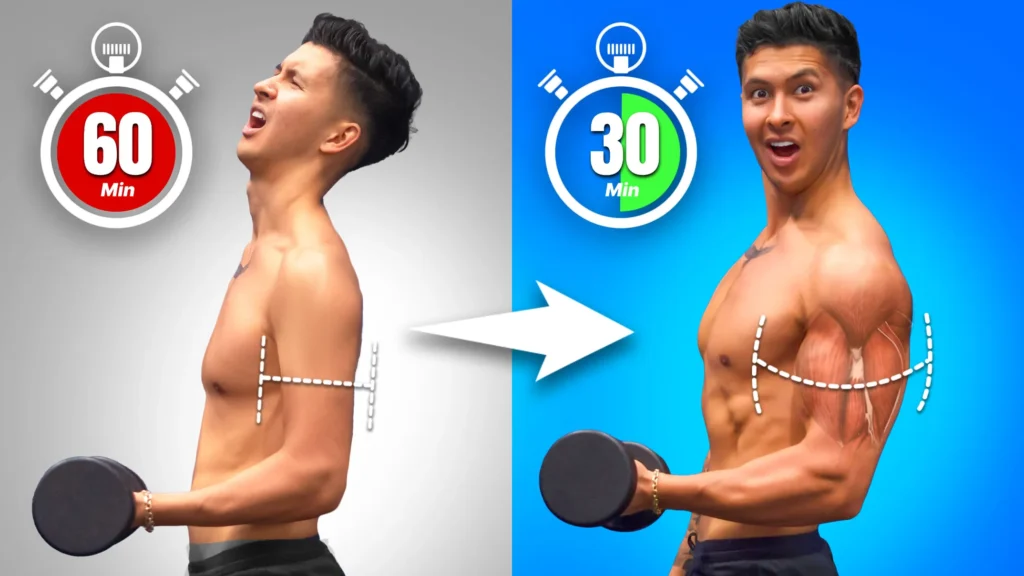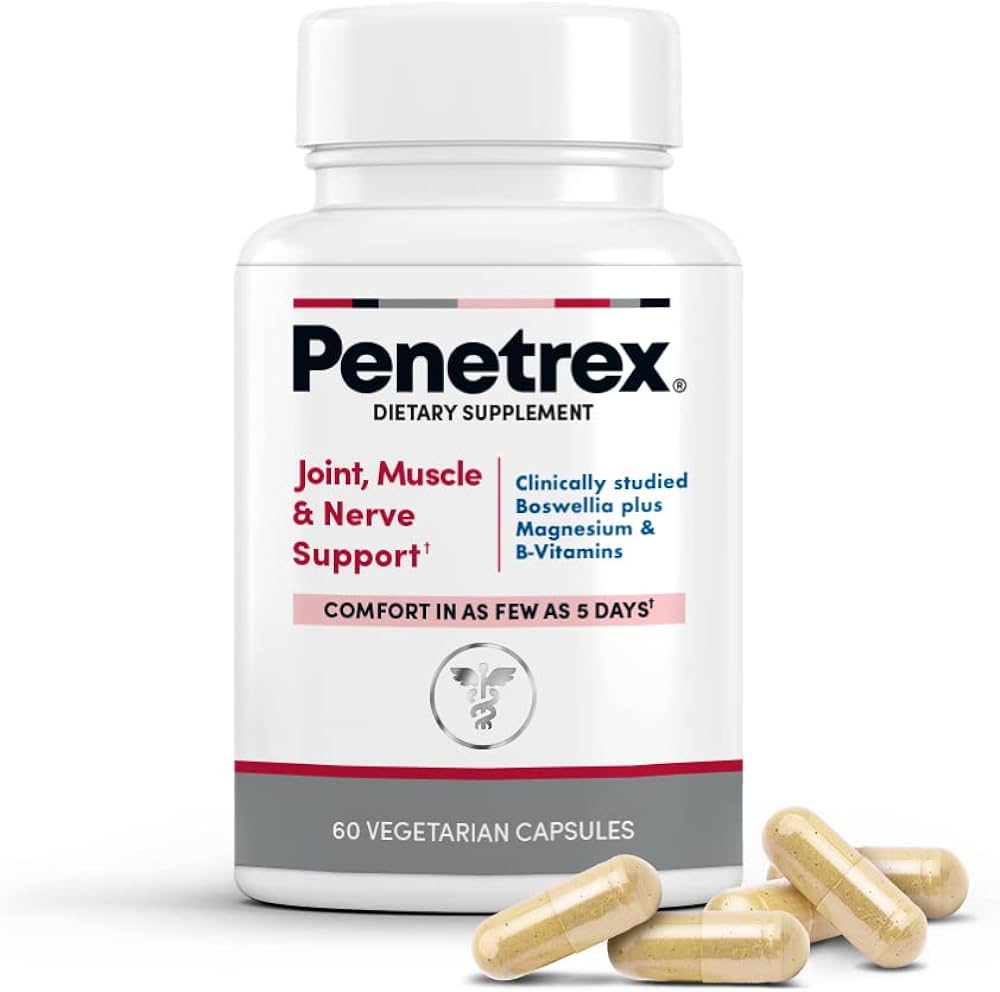Yes, building muscles is okay and beneficial for overall health. It enhances strength, metabolism, and mental well-being.
Building muscles is an excellent way to improve physical health and appearance. Regular strength training exercises help in increasing muscle mass and strength. This process boosts metabolism, aiding in weight management and fat loss. Muscle building also supports joint health and enhances endurance.
Engaging in strength training can improve mental health by reducing anxiety and stress. It contributes to better posture, balance, and coordination. Additionally, building muscles can prevent chronic diseases like osteoporosis and type 2 diabetes. Always incorporate a balanced diet rich in protein, vitamins, and minerals for optimal results. Consulting a fitness professional ensures a safe and effective muscle-building regimen tailored to individual needs.
Benefits Of Muscle Building
Muscle building improves strength and endurance. It helps with weight control by burning more calories. Strong muscles support joints and reduce the risk of injuries. Regular exercise can lower the risk of chronic diseases. It also enhances bone density, making bones stronger. Improved posture and balance are other benefits.
Building muscles boosts self-esteem and confidence. Exercise releases endorphins, which improve mood. It helps to reduce stress and anxiety. Regular workouts can improve sleep quality. Being active can also increase focus and mental clarity. Muscle building can provide a sense of achievement.

Credit: sci-fit.net
Common Myths
Building muscles is not harmful; it’s beneficial for overall health and strength. Many myths suggest otherwise, but proper training and nutrition support muscle growth safely.
Myth: Bulky Appearance
Many people think that lifting weights makes you bulky. This is not true for most. Building big muscles takes a lot of work and time. Most people who lift weights get toned and strong, not bulky. Eating right is also key to muscle growth.
Myth: Only For Bodybuilders
Some believe muscles are only for bodybuilders. This is false. Building muscles is good for everyone. It helps with everyday tasks and keeps you healthy. Even small weights can make a big difference. Muscle strength is good for all ages. It improves balance and bone health.
Nutrition Essentials
Proteins help to build and repair muscles. Eating enough protein helps muscles grow. Good sources of protein include chicken, fish, and beans. Protein shakes can also help. Aim to eat protein at every meal. This keeps your muscles strong and healthy.
Carbohydrates give your body energy. Whole grains, fruits, and vegetables are good sources. Eat carbs before and after workouts. This helps your muscles recover. Fats are also important. Healthy fats come from nuts, seeds, and avocados. Avoid too much junk food. Healthy fats keep your body running well.
Effective Workouts
Building muscles is not only okay but beneficial for overall health. Effective workouts can increase strength, improve metabolism, and enhance physical appearance.
Strength Training
Strength training helps build muscles. It involves lifting weights. You can use dumbbells, barbells, or machines. Start with light weights. Gradually increase the weight. Ensure you perform exercises correctly. This avoids injuries. Focus on major muscle groups. These include legs, back, chest, and arms. Do strength training 3 times a week.
Cardio Integration
Cardio is also important. It improves heart health. It helps burn fat. You can run, swim, or cycle. Do cardio 2 to 3 times a week. Keep sessions 30 minutes long. Balance cardio with strength training. This helps you stay fit and strong.
Recovery And Rest
Sleep helps your muscles recover and grow. Deep sleep is important for muscle repair. During sleep, your body releases growth hormones. These hormones help muscle tissue rebuild. Good sleep also reduces stress. Less stress means better muscle recovery. Aim for at least 8 hours of sleep each night. Create a calm bedtime routine to help you sleep better.
Active recovery involves light exercise. This helps your muscles heal faster. Activities like walking or stretching are good choices. They increase blood flow to muscles. This removes waste products from muscles. Active recovery reduces muscle soreness. It also keeps you flexible. Try to include active recovery days in your workout plan.

Credit: www.medicalnewstoday.com
Avoiding Injuries
Always use the correct form when lifting weights. This helps prevent injuries. Keep your back straight and knees slightly bent. Avoid lifting weights that are too heavy. It is better to lift lighter weights with good form. Focus on the muscle you are working on. This helps you lift more safely.
Start with lighter weights and slowly increase. This helps your muscles adapt to the stress. Never rush to lift heavy weights. Your body needs time to grow stronger. Add weight in small amounts. This helps you progress safely. Patience is key to building muscles.
Expert Tips
Building muscles needs regular workouts. Skipping days can slow progress. Keep a fixed schedule. Track your workouts for better results. This helps in staying motivated. Celebrate small wins to keep going.
Each body is different. What works for one may not work for another. Get a personalized plan. Consult a trainer for best advice. Adjust diet according to the plan. This ensures maximum muscle growth.
Debunking More Myths
Supplements are not necessary to build muscles. Many people believe they need them. Proper diet and exercise are enough. Eating protein-rich foods helps muscle growth. Chicken, fish, and beans are good choices. Hydration is also very important. Drink plenty of water daily. Rest is crucial too. Muscles grow when you rest.
Age does not restrict muscle building. Kids and adults can build muscles. Proper training is key. Always use correct techniques. Young kids should avoid heavy weights. Focus on bodyweight exercises first. Adults can use weights safely. Consistency is crucial for all ages. Building muscle takes time. Never rush the process. Patience and dedication are your best friends.

Credit: m.youtube.com
Frequently Asked Questions
Is It Healthy To Build Muscles?
Yes, building muscles is generally healthy. It improves strength, boosts metabolism, and supports joint health. Always consult a healthcare professional before starting any new exercise program.
How Often Should I Train To Build Muscle?
Training 3 to 5 times a week is effective for muscle growth. Consistency is key, alongside a proper diet and rest.
What Foods Help With Muscle Building?
High-protein foods like chicken, fish, eggs, and legumes aid muscle growth. Include carbs and healthy fats for balanced nutrition.
Can Women Build Muscles Without Getting Bulky?
Yes, women can build muscles without getting bulky. Hormonal differences generally prevent women from gaining excessive muscle mass.
Conclusion
Building muscles is not only okay but beneficial for overall health. It boosts metabolism and strengthens the body. Always consult a professional before starting any workout regimen. Remember, consistency and proper nutrition are key. Embrace the journey to a stronger, healthier you.
Start building muscles safely and effectively today.











